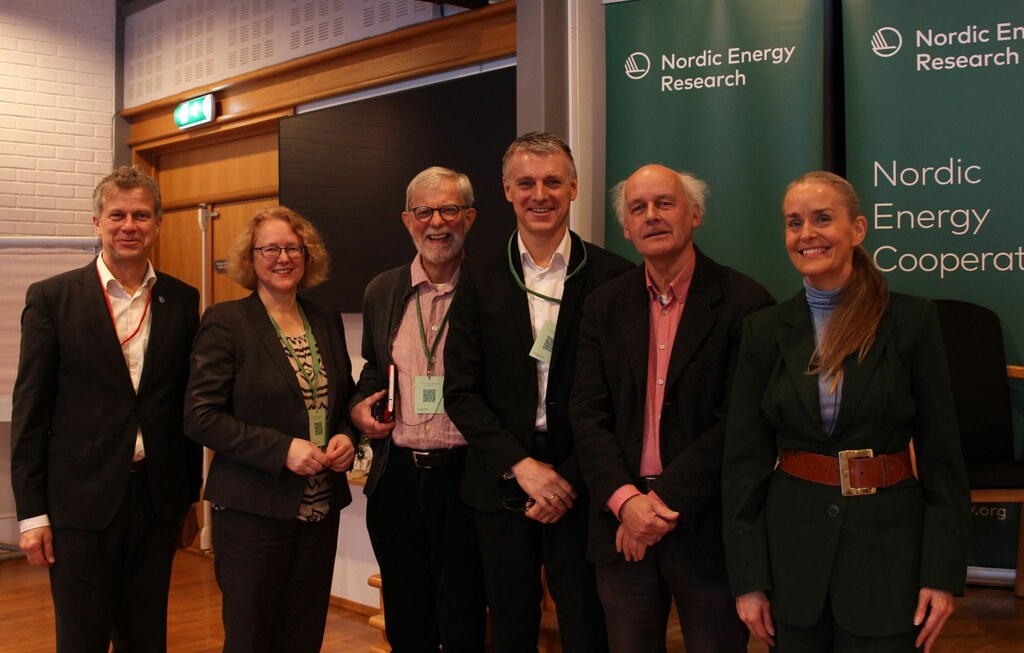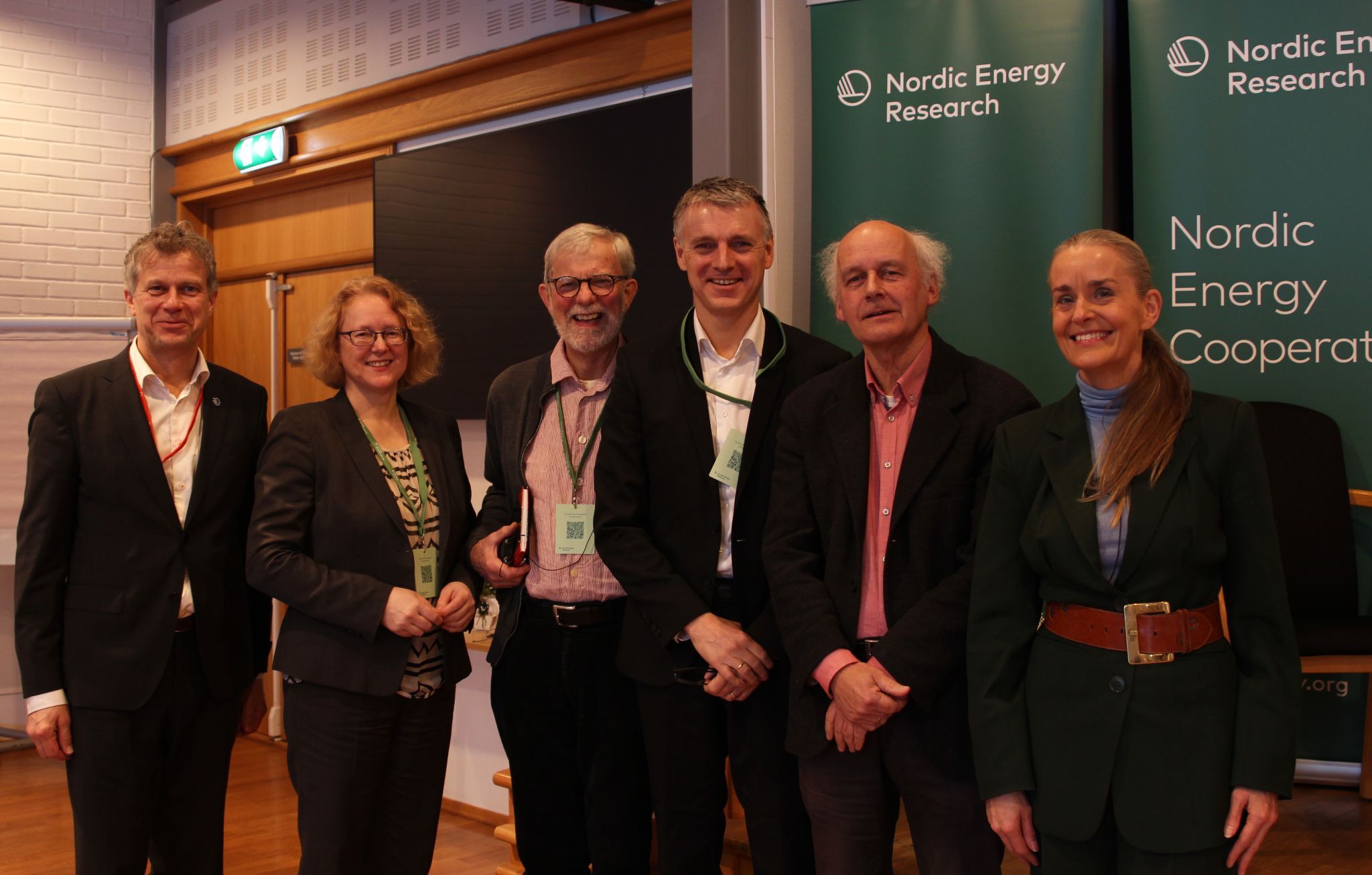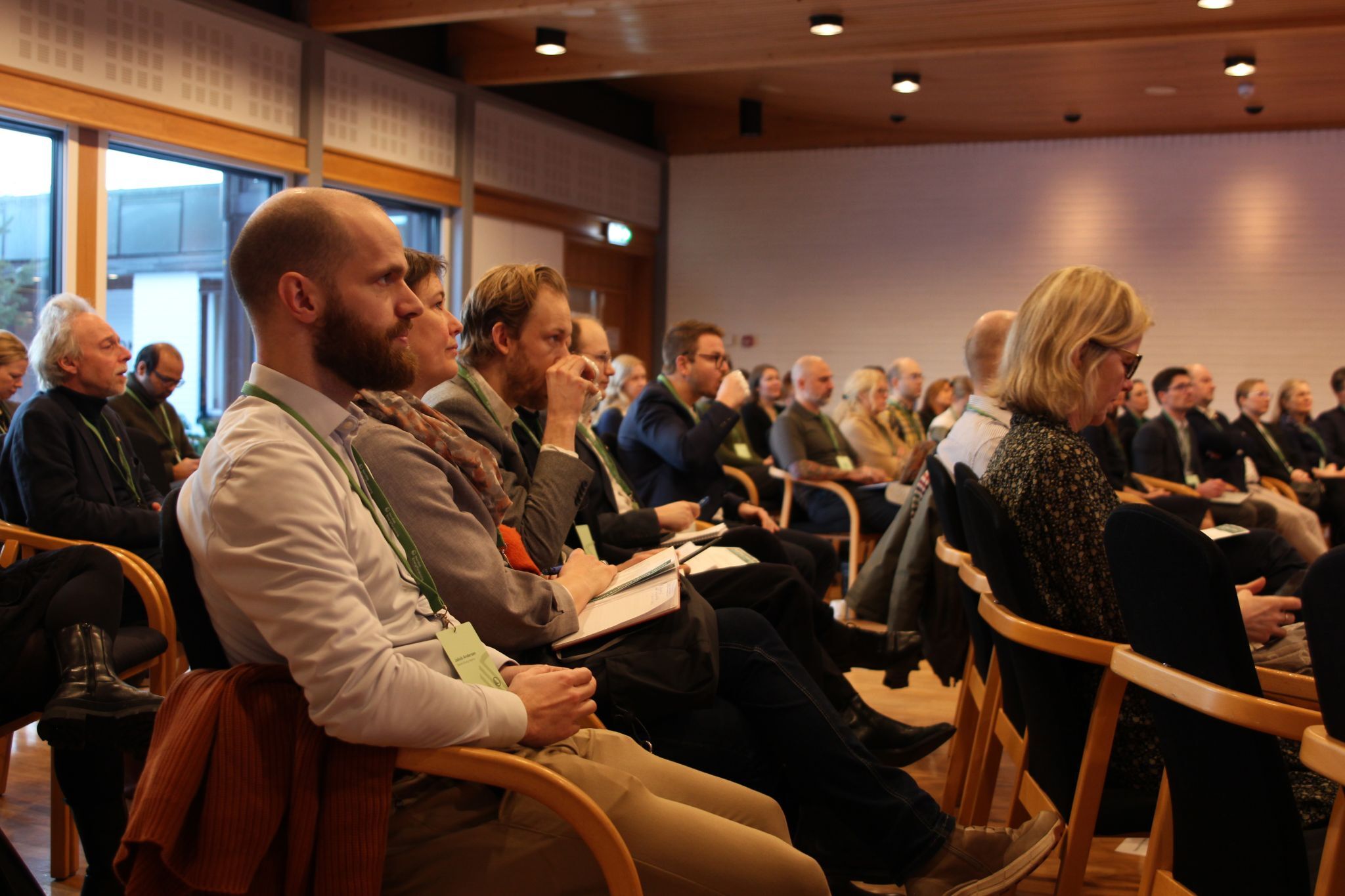
Philosophy meets energy policy at the Nordic Energy Efficiency Conference
It is not every day that practitioners, industry leaders, and consumer representatives are challenged by philosophy at an energy conference. But that is what Arne Johan Vetlesen, Professor of Philosophy at…
It is not every day that practitioners, industry leaders, and consumer representatives are challenged by philosophy at an energy conference. But that is what Arne Johan Vetlesen, Professor of Philosophy at University of Oslo, did at the Nordic Energy Efficiency Conference in Oslo on 30 January. However, exemplary energy efficiency solutions already exist – whether sufficient or not.
Keynote speaker Kjetil Lund, Director of the Norwegian Water Resources and Energy Directorate (NVE), opened with a statement from the IEA’s Energy Efficiency 2022 report, highlighting that 37% of emission reductions needed for net-zero by 2050 must come from energy efficiency.
“Through enhanced action on energy efficiency, we can avoid superfluous investments in grid projects and power plants which often come with severe and controversial impacts on nature,“ Lund noted.
Lund also underscored that energy efficiency can be an effective tool against a polarised energy debate and an important tool for security policy as it makes us more independent and self-reliant on energy.

From left: Klaus Skytte, CEO, Nordic Energy Research, Kati Ruohomäki, Chief Policy Adviser, EK – Confederation of Finnish Industries, Peter Bach, Consultant, Kjetil Lund, Director, Norwegian Water Resources and Energy Directorate (NVE), Arne Johan Vetlesen, Professor of Philosophy, University of Oslo, and moderator Hilde Sandvik.
An alternative narrative about energy efficiency
Even though we live in uncertain times, we are constantly being told that one thing is certain, that in the future there will be an ever-growing increase in the demand for energy, with the Nordic countries being no exception.
“The widely shared assumption is that enhanced efficiency – in terms of technologies, in particular – will help us meet the stipulated demand for energy. I, for one, find this questionable,“ said Vetlesen.
He suggests that, rather than promoting a narrative about energy efficiency first, we need to look for an alternative narrative, call it an older one rather than a new one, based on sufficiency, highlighting restraint, frugality, and respect for limits, and advancing the values and attitudes of modesty and gratitude.
Key policy tools and key success factors
In Denmark, the use of binding Energy Efficiency Obligations (EEOs) is considered one of the key policy tools. Denmark’s EEOs (2006-2020) covered electricity, district heating, gas, and oil sectors and operated in 3-4 years cycles. The Danish perspective was elaborated on by energy efficiency expert Peter Bach.
“The targets for energy savings were increased over time but still consistently met. Although, a shift in savings was registered toward industrial sectors, while household savings decreased,“ Bach noted in his presentation.
Kati Ruohomäki from the Confederation of Finnish Industries (EK) presented a different approach, relying on voluntary agreements with key industries, including oil, the public sector, energy, energy-intensive industries, and services.
“The key success factors of the business commitment to energy efficiency agreements were that it 1) offered a flexible alternative to mandatory legislation and some financial support, 2) helped businesses meet requirements for environmental permits, and 3) enhanced their sustainability image,” said Ruohomäki.

Energy efficiency barriers and dilemmas
Lund questioned why energy efficiency receives less attention than for example solar power and other technologies. One explanation is the lack of political appeal.
“High energy prices often drive investment in energy efficiency, but this makes it less politically attractive to promote compared to solutions that promise immediate innovation or economic growth,” said Lund.
Vetlesen told us that energy efficiency alone does not address the structural drivers of overconsumption; a culture of sufficiency is needed. According to Vetlesen, you could claim that it is about avoiding the “rebound effect,” where money saved through energy efficiency is spent on other goods and services.
Bach also commented on Vetlesen’s critique of energy efficiency, stating that the notion of sufficiency has a greater place in the current debate: “There is a need for policies and regulations that aims to reduce the overall consumption of energy and materials,” he added.
Nordic Energy Research would like to thank all participants for joining the Nordic Energy Efficiency Conference. We look forward to building on the discussed topics and following the progress of efficient and sustainable energy use in the Nordics.
Conference presentations
- Keynote speaker
Kjetil Lund, Director of the Norwegian Water Resources and Energy Directorate (NVE) - Are we in need of a new Nordic narrative for “Energy efficiency first”?
Arne Johan Vetlesen, Norwegian professor of philosophy at the University of Oslo - Energy efficiency obligations for energy companies in Denmark
Peter Bach, Consultant - Voluntary energy efficiency agreement for manufacturing industry and private services in Finland: Results and challenges
Kati Ruohomäki, Confederation of Finnish Industries EK - Experience with and lesson learned about energy efficiency in the Nordics
Roberta Moschetti, SINTEF - Energy saving from ecodesign and energy labeling in the Nordics
Kasper Mogensen, Big2Great - Key takeaways from the report Evaluation of Nordic Electricity Retail Markets
Christopher Markhus Poots, Oslo Economics - How have energy consumptions patterns developed post the energy crisis of 2021-2023?
Roberta Moschetti, SINTEF - Municipal energy and climate advisory services for households and small businesses
Annika Nilsson, Senior Programme Manager, Department of Resource Efficient Community, Swedish Energy Agency - Flexibility markets: How to unlock the value of demand side flexibility
Svein Jørgen Sønning, Head of Technology at NODES - Wrap-up and next steps by Nordic Energy Research
Klaus Skytte, CEO, and Maria Eklöf, Head of Communications at Nordic Energy Research

